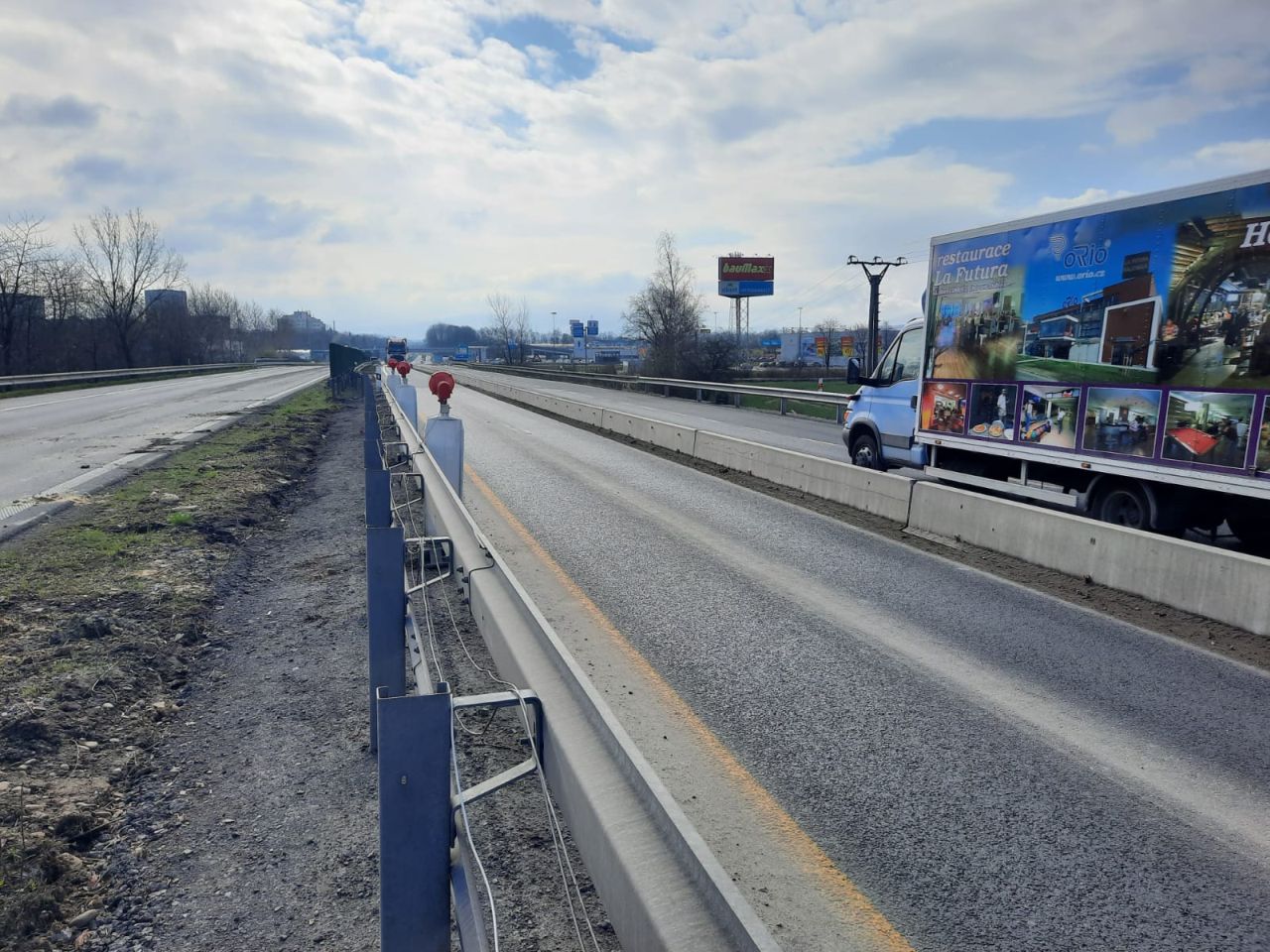
While ultimately a deal was reached and Richards received only a suspended sentence, that outcome was far in the future during these dramatic shows. Seeking to spice up a forthcoming live album with some clubbier tracks, the Stones had booked two secret shows at Toronto’s legendary, 300-capacity El Mocambo nightclub - and just days before the concerts, Richards and longtime paramour Anita Pallenberg were busted at the border with heroin. Their concerts had suffered as well, with their 1975-’76 sets meandering toward the three-hour mark, loaded with subpar songs from the above albums and even a dozen-minute, de facto intermission set from Preston (who, although a fine singer and one of the greatest keyboardists of the era, had taken an outsized role in the band).īut if one thing can snap a band out of a daze, it’s the prospect of its guitarist, co-songwriter and musical cornerstone - Richards - facing many years in a Canadian prison on drug charges, which is exactly the circumstances under which this unusual and remarkable concert was recorded in March of 1977. Consequently, those albums - “Goat’s Head Soup,” “It’s Only Rock n’ Roll” and “Black and Blue,” the latter of which many fans consider a nadir in the band’s career - at times sounded more like fusiony rock or ‘70s funk than the Stones. After the generation-defining singles of the ‘60s and the stellar string of albums running from “Beggars Banquet” to “Exile on Main Street,” they’d eked out three comparatively uninspired sets that, due to Keith Richards’ formidable heroin addiction and its multiple accompanying legal problems, found Mick Jagger seeking musical foils in guitarist Mick Taylor and then guest keyboardist Billy Preston.

Like virtually every major rock act in the mid-1970s, the Rolling Stones had become bloated and overblown.


 0 kommentar(er)
0 kommentar(er)
